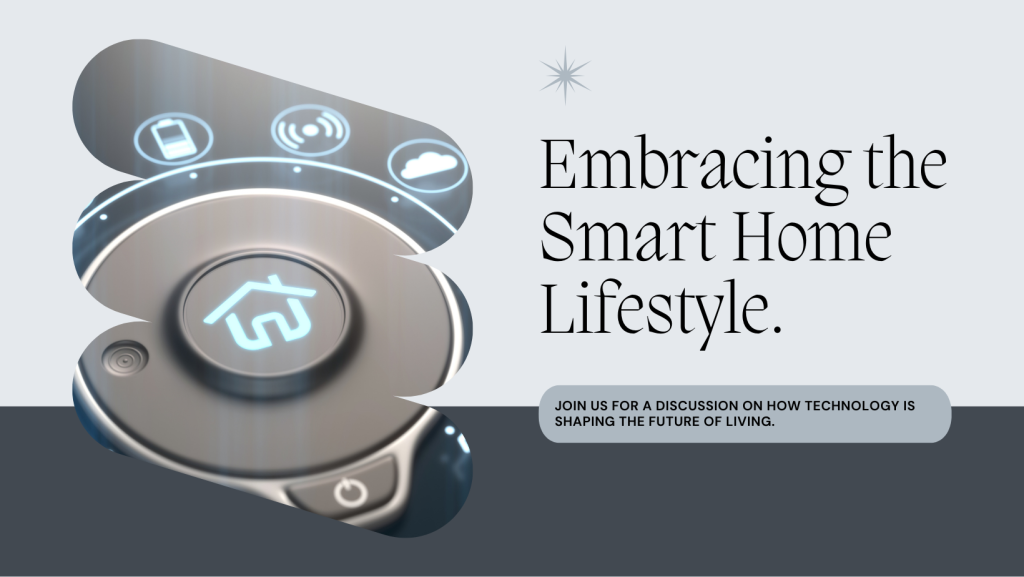With current technology transforming our living environments, the idea of the “smart home” has moved from being a future concept to a commonplace reality. Homeowners are starting to recognize the advantages of automation, connectivity, and intelligence in their homes, from smart appliances to integrated systems.
The potential of smart home technology to increase efficiency and convenience is one of the main factors propelling its growth. Homeowners can ensure comfort and energy savings by remotely controlling the temperature of their dwelling with smart thermostats. In a similar vein, smart lighting systems allow for the customization of lighting schedules and schemes, improving ambience and saving energy.
Moreover, sophisticated security and monitoring capabilities provided by smart home technologies enable homeowners to safeguard their assets and personal safety. Alarm systems, security cameras, and smart locks offer homeowners piece of mind and real-time monitoring capabilities, enabling them to act swiftly in the event of an emergency or possible threat.
Beyond functionality, entertainment and connectivity are given priority in smart home advancements, with integrated systems that smoothly combine streaming, audio, and video. Voice-activated assistants, such as Google Assistant and Amazon Alexa, further improve user experience by enabling hands-free operation of several home appliances and services.
The impact of smart home technology on our lifestyles will only increase as it develops and becomes more widely available. Homeowners may embrace a more connected and intelligent future of living while also enjoying increased comfort, convenience, and security by adopting the smart home lifestyle.



Comments are closed, but trackbacks and pingbacks are open.